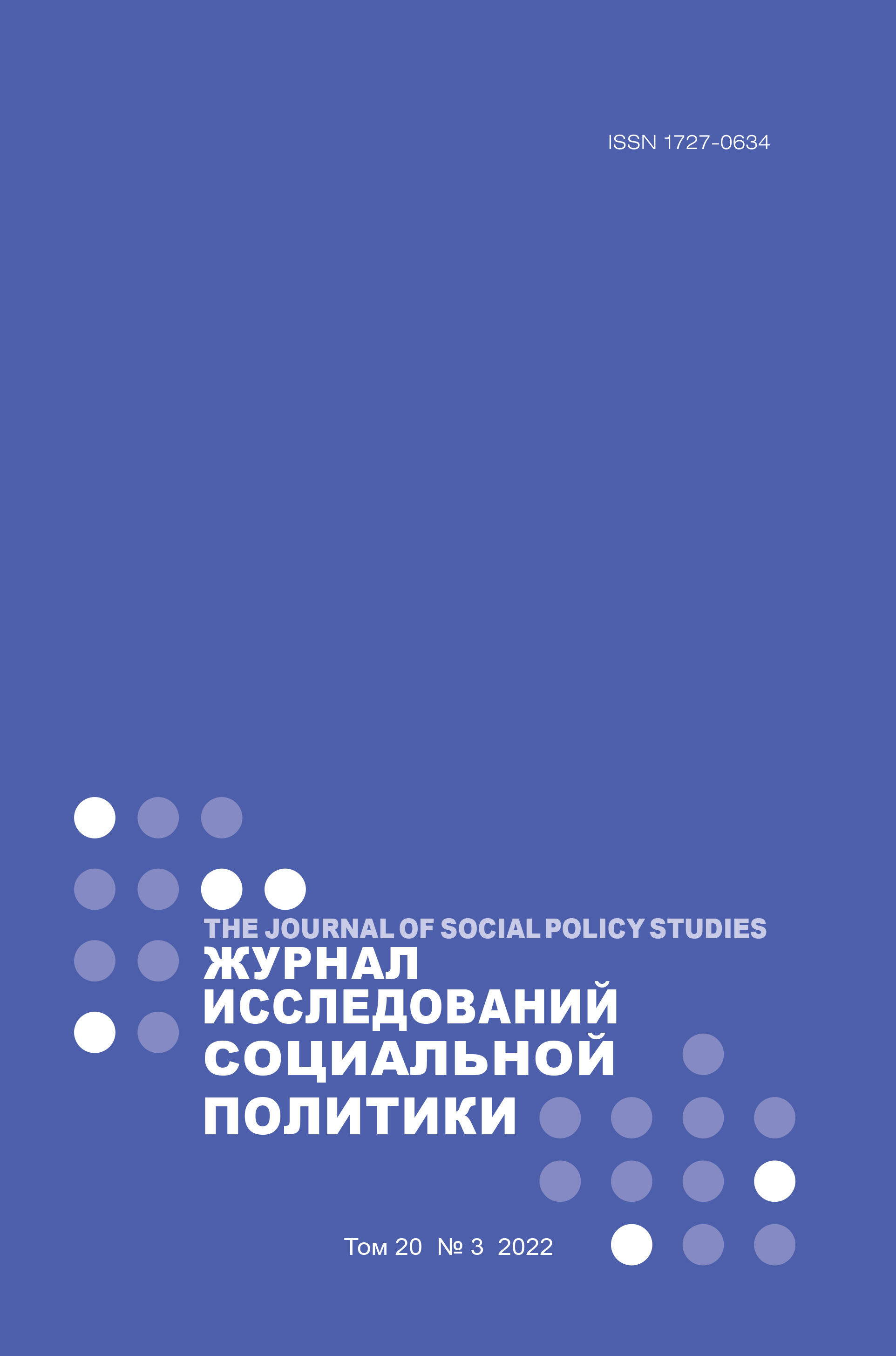China’s Social Credit System: Dystopia or Public Welfare Factor
Abstract
This article analyses China’s social credit system, a digital sociotechnical phenomenon that assesses the reliability of people, companies, public organizations, and government institutions through reward-punishment mechanisms. It is aimed to encourage more honest and law-abiding behaviour to improve trust and quality of life in Chinese society. The article examines the evolution of social scoring systems in China in historical retrospect, beginning with the archival systems of the Han Dynasty and ending with the immediate predecessor of social credit, the so-called 'morality files.' The article describes the draft of the social credit system adopted in 2014 and its goals. It is shown that the Chinese government views the system as one of the main solutions to society’s social problems. It is proved that the social credit system is also an effective regulatory measure, especially in emergency situations such as the COVID‑19 pandemic. The analysis considers the system as a category of social stratification and as a factor in exacerbating inequality, since people with higher levels of education and higher status tend to change their behaviour significantly in response to initiatives of the social credit system. It is concluded that this mechanism allows the state, through positive reinforcement based on indirect incentives, to manipulate citizens to act unconsciously in favour of an established social ideal. It is shown that despite the negative assessment of the Chinese social credit system by researchers as violating the democratic principles and rights of citizens, the system is supported by a large part of the PRC population, which has abandoned privacy in favour of public safety. However, the reasons for the popularity of social credit systems in China, along with cultural and historical preconditions, are censorship and state propaganda.















